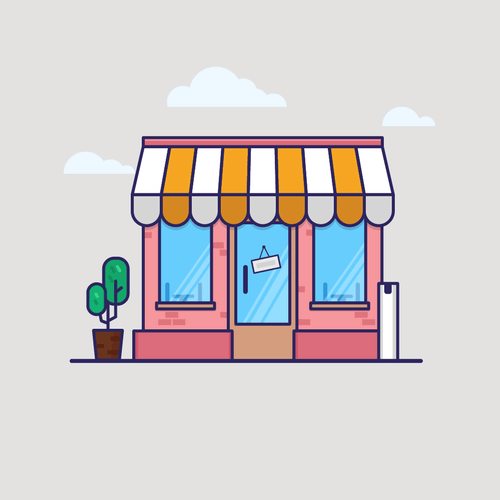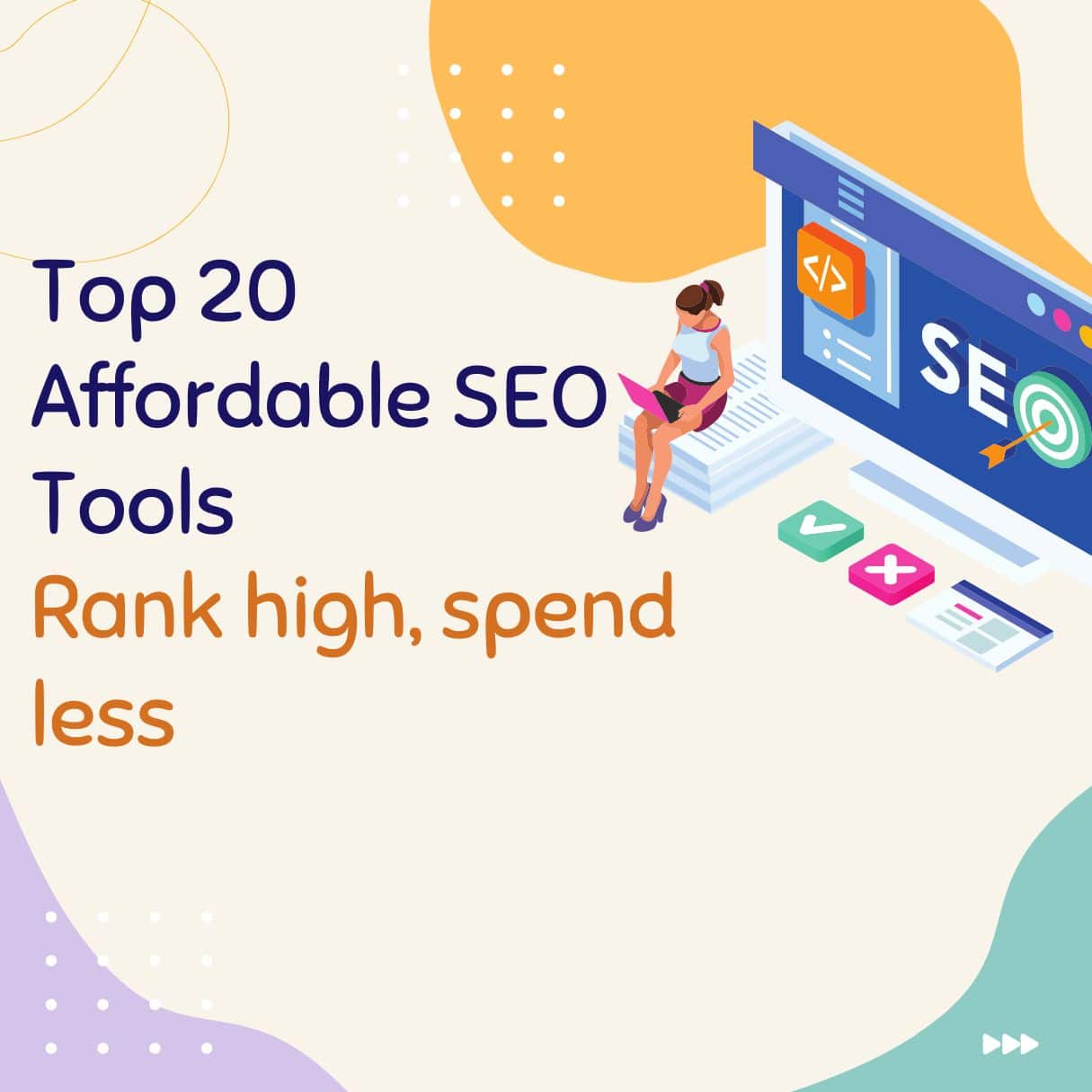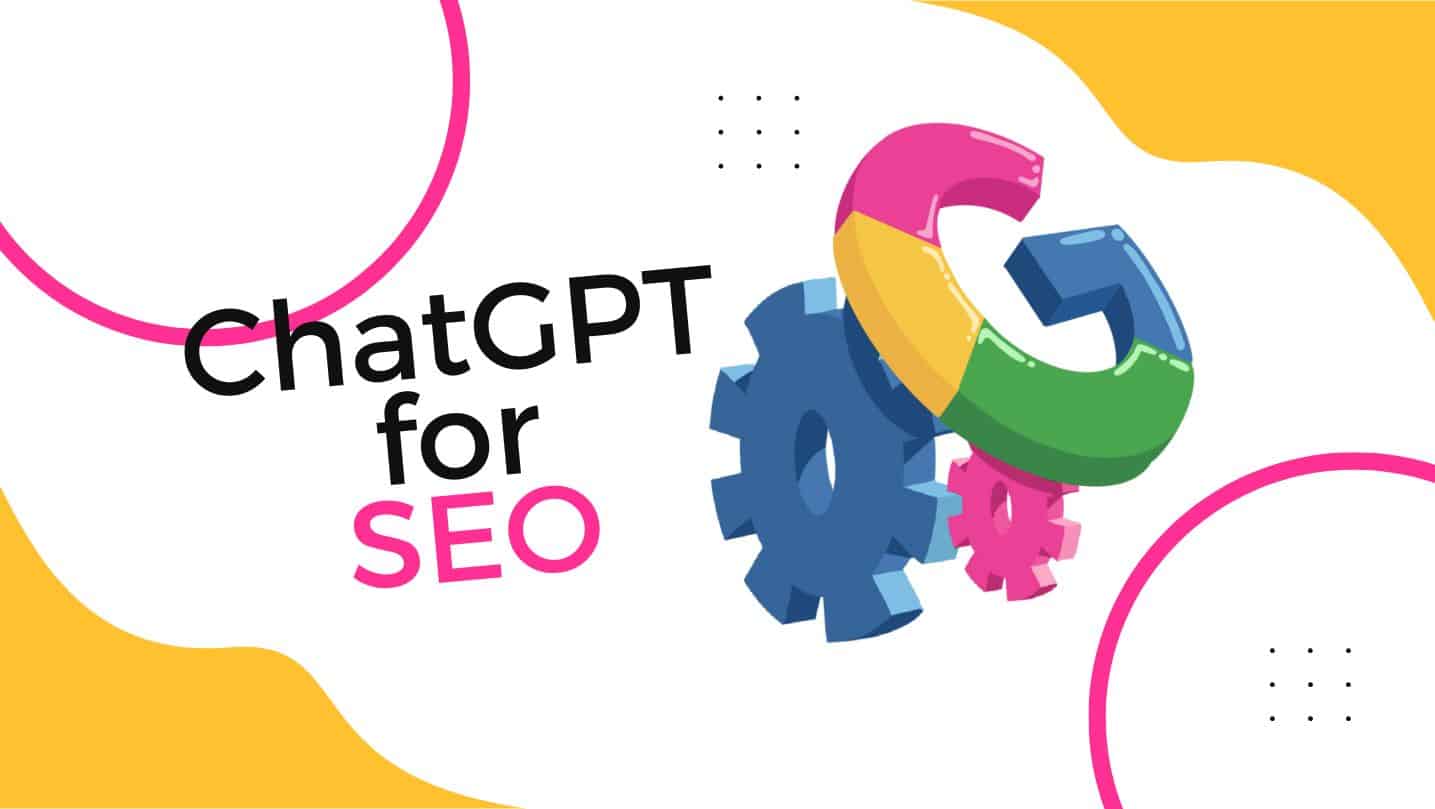How are regional Irish hotels supposed to compete with the financial might of Booking.com, Hotels.com, TripAdvisor and so many more mega-budget behemoths?
Google themselves have been paying particular attention to the hotel industry as they try to move in on the OTAs turf. The range of information Google provides about hotels without requiring the user to click dwarfs the information shared in other industries.
All this makes the hotel industry one of the most competitive fields to be in on Google Ads, so the guide to Google Ads for hotels is a highly requested topic that we should cover.
Luckily, Donutz have an experienced Google Ads team. We have worked on countless Google Ad campaigns for hotels across Ireland and further afield. We thought: let’s help more Irish hotels stick it to the OTAs by sharing our tested tips and tactics when it comes to improving performance on Google Ads.
Our guide touches on Google Hotel Price Ads, migrating campaigns over to Bing Ads, and more. Let’s take the battle to the OTAs!
View The PDF – Your Guide To Google Ads For Hotels
Let’s get started.
1.0 Brand Protection
Going toe-to-toe with Hotels.com and their monster budget for the keyword ‘Hotel In Dublin’ won’t be worth your while. Generic, non-branded keywords are expensive due to OTAs dominating the auction. These keywords are also expensive and come with low conversion rates. Strategies dependent on such keywords will have high costs and poor returns.
The healthier approach is to fight for branded searches. When a user searches for your hotel, clicks to an OTA site and completes their purchase, the OTAs will charge your hotel commision of around 15%. The goal of your Google Ads campaign should be to reclaim those branded searches. The clicks will be cheap and the conversion rate should be high, making for strong returns. The KPI should be to achieve a cost-per-acquisition that’s lower than the commission rate paid to the OTAs thereby reducing your dependency on OTAs, building your brand and cutting commission costs.
This is a cost-effective and achievable strategy.
2.0 Max Out Search
We despair whenever we see accounts with Search campaigns that are “Limited By Budget” yet have Display campaigns running at the same time. Search is where the battle for conversions is raging. While Display and YouTube have some good targeting features, they should only be activated when Search is maxxed out. If your Search campaigns are “Limited By Budget” or posting a low impression share, pause your Display and/or YouTube activity and shift that budget over to Search. Display and YouTube campaigns can be tackled at a later point when you’re happy with Search performance.
3.0 Single Keyword Ad Group Structure (SKAGs)
When bidding on your own brand keeping cost-per-click down should still be a focus, to ensure you get the biggest bang for your buck possible. This is where Quality Score (QS) comes in. QS is a metric which indicates how relevant Google sees your ads, in relation to associated keywords and the content of the landing page.
If you adopt a brand campaign focus, your QS will likely be quite strong. High QS means you pay less for clicks than those with a lower QS. Google wants to show its users super relevant ads after all.
QS can improve by adopting a SKAG structure. Ensure that Headline 1 of your ad text matches the keyword. This way, Google cannot fail to see the relevancy between keyword and ad text. The reward will be a higher QS compared to accounts with multiple different keywords being served by the same ad text.
4.0 Google Hotel Price Ads
Google Hotel Price Ads (HPAs) are becoming increasingly prevalent within the Search Engine Results Page (SERP). This is the most potent ad format any hotel can run. It’s likely that every major OTA is running these ads on searches for your hotel. Many hotels are not running HPAs, leaving the OTAs free to claim bookings without contest in this area of the SERP.
One of the major benefits of HPAs is the Cost Per Conversion’ bid strategy. This bidding strategy allows the advertiser to pay only when a user converts within 30-days of clicking an ad. No booking, no cost. This allows for a strong return on ad spend and a strong degree of free clicks.
HPAs bring a much stronger conversion rate than standard Google search ads. Google is slowly but surely showing HPAs more and more frequently, often in more prominent parts of the SERP. In the USA, certain hotels are available to book through Voice Searches for users who have Google Pay. Voice search results are served not from organic listings but from HPA ads. Branching out into HPAs will futureproof your hotel against the emergence of voice search transactions in Ireland.
Hotel Price Ads only appear for brand searches. This will strengthen the aforementioned brand protection strategy.
The major stumbling block for many hotels when it comes to adopting HPAs is that they can only be availed if the website’s booking engine is compatible. Click here to see a list of booking engines which are compatible with hotel price ads. If your hotel’s booking engine is not on that list then unfortunately you can’t run Hotel Price Ads. If you are planning a new website for your hotel, then we recommend going with one of the booking engines on this list so you can make use of this high converting ad format.
5.0 International Campaigns
Branded campaigns are only going to bring so many clicks, due to search volume. To bring more volume, these branded campaigns should be expanded to international markets.
The recommended approach is to have one campaign per country. The bids required to be visible in Ireland won’t be the same as the bids required to be visible in the USA. Branching out can be as simple as copying and pasting your campaign targeting Ireland, giving it a clear new campaign name (e.g “Brand – Search – Canada”) and changing the location settings to the relevant targeted country. Let the new campaign run and then change the bids based on the early data.
6.0 Advertise On Bing
For one of our hotel clients, the above steps were implemented and performance improved dramatically. However, the hotel still needed to improve their volume while maintaining a low cost-per-acquisition. The expensive ‘Hotel In Cork’ approach was a non-runner, so we went back to the drawing board and it brought us to Bing.
Bing’s search engine market share is quite low in Ireland. We seem to love Google more than most. Further afield, particularly in the USA, Bing actually attracts a modest market share. Bing users tend to be older and not tech savy – the type of users who get a new laptop and don’t think to change the default search engine from Bing to Google. Essentially, retired Americans – always a good target for Irish hotels.
Bing Ads are much cheaper than Google because there is less competition, This in turn means there are higher conversion rates. Furthermore, Bing PPC is a platform where most Irish hotels aren’t active at all. Minimal effort is required to branch out to Bing as Google Ads campaigns can be migrated over in just a few clicks.
This all contributes to make Bing Ads a quick win for hotels as it can boost booking volume by 5 – 10% with virtually no work required. A no-brainer!
7.0 Point Out The Benefits Of Booking Direct
What are the benefits of booking through the brand website? Why shouldn’t the user book on Booking.com? These are questions that every hotel has to answer and they have to answer them in their ad text. If the best rates are available by booking through the hotel website, then this should definitely be communicated in the ad text. Any exclusive special offers should also be highlighted within the ad text. Your ad text is your chance to convince users not to click on that OTA listing, so make it persuasive!
8.0 Don’t Obsess Over Top Position
Top position is nice but it’s not essential for an effective Google Ads campaign. The more important metrics to focus on is impression share. You’ll want your ads to appear for as many searches as possible so you need to set your bids accordingly. If you generally appear in top position but only appear for 70% of searches, then lower your bids and pay a lower cost-per-click. This should see your search impression share grow. Your ad text will then work to attract users, even if an OTA is in a position higher.
9.0 Negative Keyword Optimisation
Running a brand campaign can still bring irrelevant clicks. Take the example of ‘The Gresham Hotel’ bidding on their own brand name. That keyword could still trigger ad impressions and clicks for the following irrelevant search terms:
- Gresham Hotel check-in time
- Gresham Hotel job
- Gresham hotel career
- Gresham hotel parking
These are not clicks you want to be spending budget on. Monitoring the search term report on a frequent basis will allow you to identify these search terms at an early stage. Add them as negative keywords before the end up spending a chunk of your budget.
10.0 Audience Strategy
In 2018, Google dropped the name AdWords and rebranded their PPC platform to Google Ads. Why? Because they didn’t want to give the impression that keywords alone are the alpha and omega of advertising on Google. This is where audiences come in.
To take the branded keyword ‘The Gresham Hotel’. There’s no clear picture of the user’s intent when they search for that term. Are they looking to book? Perhaps they’ve already booked and are simply going to browse the dinner menu. If so, we certainly don’t want to be spending budget on that user.
So how do we make sure that user doesn’t trigger ads for that search term? Using Google Analytics, you can build out an audience of recent converters and exclude this audience from your campaigns – meaning they won’t be served with ads.
Likewise, if you wanted to bid on ‘Hotel In Galway’ you could qualify the traffic by only showing ads to users who have been on your website recently. This way you can appear for generic terms but only to users who are already familiar with your hotel, thereby increasing the chance of a conversion and ensuring budget isn’t squandered.
– 10.1 Social Media Integration
If you’re running Social Media campaigns there is an opportunity for cross-channel marketing. Compared to your Google activity, the campaigns you’re running on these channels are likely more awareness based.
Reaching these same users when they make a search through Google is an effective way of nurturing them towards converting. To target your Social Media users, you should UTM tag all links on your social media profile and on all posts. This way, visitors from specific Facebook campaigns will be visible within Google Analytics. Create an audience of these users and import it into Google Ads. You can bid on generic keywords when users in this list use ‘Hotels In Dublin’ in a search and tailor your ad messaging for these users.
– 10.2 Upload Your Email Database
On a similar note if you have an email database of past visitors, you can upload a list of them into Google Ads. Depending on what you want to do you can either overlay this list on your existing campaigns and place bid adjustments (telling Google to bid more if a user on this list uses one of your keywords) or create a campaign only targeting the people in this list.
11.0 Continuous Optimisation
The most important part of any Google Ads account is nailing the basics… but they won’t stay nailed without continuous optimisation. You might have the perfect bid strategy, a great impression share and conversions flooding in but all it takes for the house of cards to fall is for the OTAs to ramp up their bids.
Optimising bids, maintaining negative keyword lists, retaining a high Quality Score through segmentation and staying within budget each month: all this requires time. Marketing teams need to set aside the time, or hire an agency, to manage these aspects of a Google Ads account.
Conclusion
There is always more to do on Google Ads, particularly in the hotel industry and Google Ads for hotels is no exception. Incorporating the points above should set you on your way to improving performance and wrestling bookings back from the OTAs.
We’d love to hear if you have implemented any successful tactics of your own that we haven’t covered. Let us know if you’re going to take the plunge by following this guide – it would be great to hear how you get on. Alternatively, if you have any questions or points around any of the content in this guide, don’t hesitate to get in touch.






